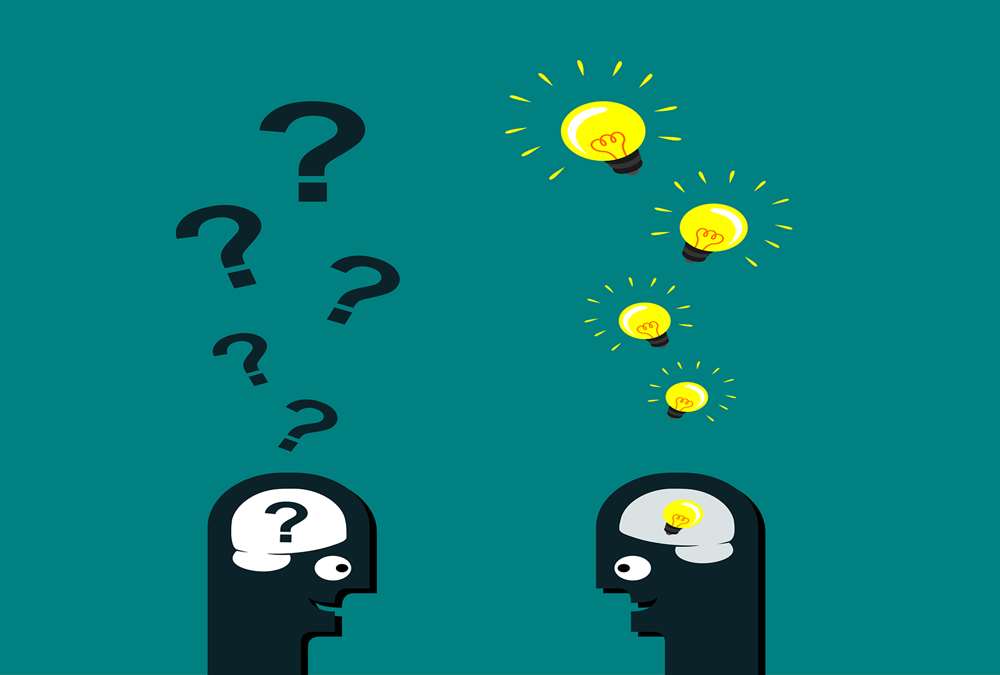
Project management and program leadership
Practical tips to take your project management skills to the next level.
brings you detailed learning resources on how to use project management tools and how to manage a project. Learn how to gain support from sponsors, how to organize regular meetings and communications, manage constantly changing scope and priorities, manage tight deadlines and lack of resources. Rapidly upgrade your project management skills, by examples from real cases and take full control of your next project!

Communication is about getting the message across correctly. To do this, you need to have good speaking skills and good writing skills. If you have these skills combined with good listening skills and an interest in reading, you have all the potential to be a good communicator. What elements should the leader take into consideration to be more effective in interpersonal communication?

Facilitative leadership involves involving employees in the decision-making process at all levels, strengthening their sense of belonging, responsibility and motivation. The facilitative leadership style uses a number of indirect communication patterns to help the group build consensus and build commitment to the decision being made. To be effective in modern organizations, managers must become facilitator leaders, learn what it means to be one.

The four main areas of an organization that require special attention when we discuss change in an organizational setup are organizational structure, technology, work environment, and people. Some people call it process, system and people. Change in an organization includes adapting to change, controlling change, and implementing change.

The brainstorming technique was developed by Alex F. Osborn in 1957 and brainstorming means that a team of members generates a large amount of alternative fruitful ideas on a specific problem without any criticism and then evaluates each idea by based on its advantages and disadvantages. Brainstorming techniques fall into four broad categories: viewing, exploring, modifying, and experimenting.

SCAMPER is an activity-based thinking process that can be achieved through cooperative learning. SCAMPER is an acronym that provides a structured way to help students think outside the box and improve their knowledge. It can be used in the organizational context as a creative problem-solving technique and as a toolkit for generating new ideas.

Listening is the basis of good communication. It is also the hardest skill to master. Do you listen to confirm what you already know, or do you listen to explore and learn new things? How can we create receptive communication as a listener? The true art of listening involves awareness and sensitivity to the feelings of the speaker, for it is at the level of feelings that true connection, relationship and healing occur.

Sternberg in 2006, proposed the theory of cathexis and confluence focused on understanding creativity. According to investment theory, creativity requires a confluence of six distinct but interrelated resources called intellectual abilities, knowledge, thinking styles, personality, motivation, and environment. He emphasizes that creativity is not about one thing, but about a system of things.

Stress is an integral part of our life. No one can live without stress. Stress can be beneficial as well as harmful. Stress, as a positive influence, adds excitement and hope, while as a negative influence, it can lead to destructive feelings, anger, and depression. Although the general orientation of stress is to consider adverse outcomes, it should however be observed that experiences of stress can also facilitate the development of effective and varied coping behavior, increase personal resources and lead to a feeling skills in development. Stress at a moderate level is not only unavoidable but can be helpful for physical and mental well-being.

David Kolb produced this popular learning model in 1984. The model suggests four stages of learning that most learners go through to learn effectively. Learning is in itself a process of change. Something adds to our perception and prepares us for the next impression, which will change our understanding even more, however small. Kolb’s contribution is significant because it practically equates change with learning.
